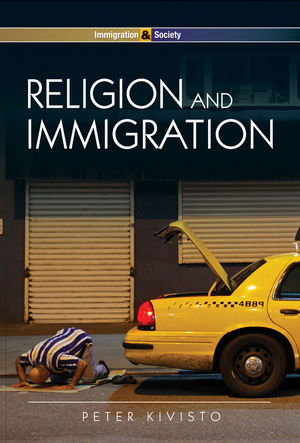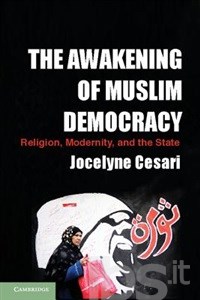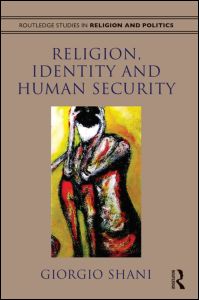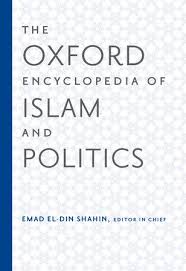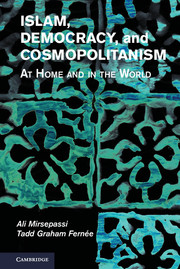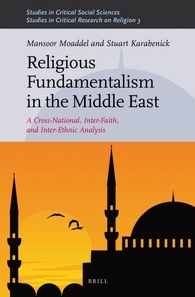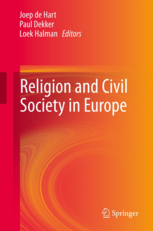From Religious Empires to Secular States State Secularization in Turkey, Iran, and Russia
By Birol Baskan
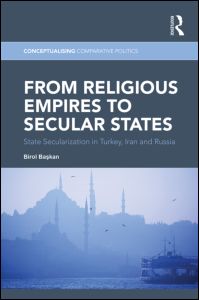
Routledge 2014 http://www.routledge.com/books/details/9780415743518/
In the 1920s and the 1930s, Turkey, Iran and Russia vehemently pursued state-secularizing reforms, but adopted different strategies in doing so. But why do states follow different secularizing strategies? The literature has already shattered the illusion that secularization of the state has been a unilinear, homogeneous and universal process, and has convincingly shown that secularization of the state has unfolded along different paths. Much, however, remains to be uncovered.
This book provides an in-depth comparative historical analysis of state secularization in three major Eurasian countries: Turkey, Iran and Russia. To capture the aforementioned variation in state secularization across three countries that have been hitherto analyzed as separate studies, Birol Baskan adopts three modes of state secularization: accommodationism, separationism and eradicationism. Focusing thematically on the changing relations between the state and religious institutions, Baskan brings together a host of factors, historical, strategic and structural, to account for why Turkey adopted accommodationism, Iran separationism and Russia eradicationism. In doing so, he expertly demonstrates that each secularization strategy was a rational response to the strategic context the reformers found themselves in.
CONTENTS:
1. Introduction: The Secular State and Its Three Types.
2. Mobilizing Sheikhs and Ulama: Religion and the Ottoman Empire.
3. Accommodationist State Secularization in Republican Turkey.
4. Appeasing the Ulama: Religion and the State in Iran.
5. Separationist State Secularization in Pahlavi Iran.
6 Taming the Church: Religion and the Russian Empire.
7. Eradicationist State Secularization in Soviet Union.
8. Conclusion: The Fates of Three Models of Secular States.
Birol Baskan is an assistant professor of government at Georgetown University School of Foreign Service in Qatar. He holds a PhD in political science from Northwestern University. His research looks at state-regime-religion relations in the Middle East.
